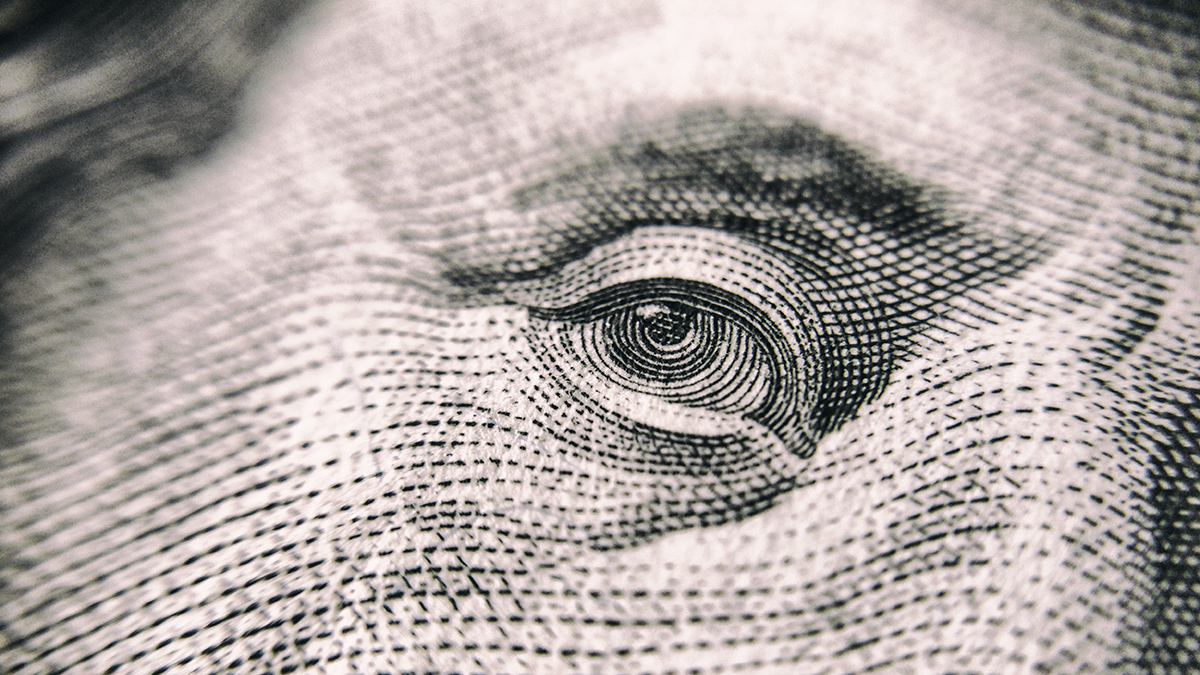Psychology researchers at the University of California have concluded that “upper-class individuals behave more unethically than lower-class individuals.”1 The research team presented evidence that rich people are more likely than poorer people to:
- Break the law while driving
- Help themselves to candy meant for children
- Cheat in a game of chance
- Lie during negotiations
- Endorse unethical behaviour.
It seems that higher social status can make us less ethical, more selfish, more insular, and less compassionate than other people. “While having money doesn’t necessarily make anybody anything,” psychology researcher Paul Piff says, “the rich are way more likely to prioritise their own self-interests above the interests of other people.”2
CNN’s Jay Parini reported on research by Canadian neuroscientists who suggest that being rich and powerful actually makes people less happy and, even worse, unable to sympathise with the poor. They found that the rich and powerful among us show less brain activity in the region of the brain where human sympathy is excited.3
Ouch! This is confronting research. Could our income, wealth and comfortable lifestyles really have a direct, even biological, impact on our brains? Is there a cure?
Stay tuned for “Money on the mind” (Part 2).
Julian Archer is the author of Help! I’ve Been Blessed! and writes from Toowoomba, Queensland.






